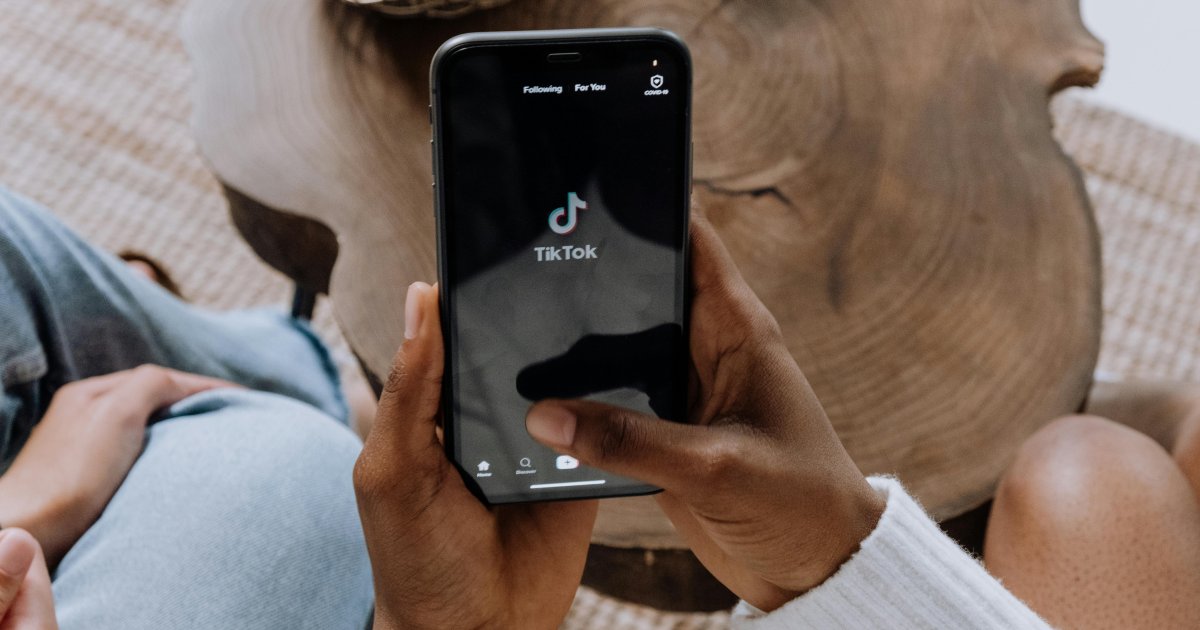How Are Brands Planning for TikTok’s Future?

By Mark Seavy
Though the U.S. House of Representatives recently passed legislation with broad bipartisan support that would force TikTok owner ByteDance to either sell the company to non-Chinese owners or face a ban, the social media platform won’t be forced to exit the U.S. market any time soon.
That is because there is a long road of legislation, deal making, and legal challenges ahead before TikTok’s fate in the U.S. is decided. Firstly, the U.S. Senate would need to pass the proposed legislation, which is possible given that it is attached to a foreign aid package. Secondly, any potential buyers would have to get regulatory approval, and it’s also possible the Chinese government could simply block any deal.
Additionally, if ByteDance is ultimately forced to sell TikTok, it is doubtful that the app would be sold with its algorithm since ByteDance and the Chinese government are unlikely to allow it to be transferred to a new owner, according to investment firm Wedbush Securities.
“The value of TikTok would dramatically change without the algorithm and [that] makes the ultimate sale/divestiture of TikTok a very complex endeavor with many potential strategic/financial bidders waiting anxiously for this process to kick off,” Wedbush said in a note to clients.
But even as politicians discuss the app’s fate, American consumers continue to engage with the social media platform. TikTok, which launched in the U.S. in 2018, has 170 million users across the country spending an average of 1.5 hours in the app each day. It was the most downloaded app globally in 2020, 2021, and 2022, and had 4.1 billion total downloads as of January, up from 703 million in 2019, according to the research firm Agorapulse.
And, according to a recent report by HubSpot, 56% of respondents are expected to increase their marketing spend on TikTok this year. In addition to brand owners launching TikTok accounts to promote their products, the app is also home to countless influencers sharing their must-have items with viewers.
Because while TikTok’s elements aren’t new—compelling videos have long been a driving force behind the popularity of social media—the app offers a marketing platform unlike Instagram, Facebook, and Snapchat, which are built on social connections. Instead, TikTok’s algorithm takes in data from what users skipped, liked, or shared and uses that information to tailor content for their individual “For You” page, an endless source of content that users don’t have to seek out.
“We have seen the impact of TikTok with the explosive growth of Miffy and viral food posts driving new opportunities and excitement over licensed product and collaborations,” said Debra Joester, President of the agency The Joester Loria Group, which represents Dick Bruna’s Miffy brand as well as other properties for licensing.
In addition to brand owners, film studios are also expected to support the push to keep TikTok in the U.S. as they have made the platform a key in the marketing strategy for new movie releases. Marketing efforts on the app have benefitted from not employing the typical studio-driven public relations strategies, but rather providing a “behind-the-scenes” feel like a video of actors from last year’s Barbie film playing with puppies.
Viral videos on TikTok helped boost ticket sales for Universal Pictures/Blumhouse’s M3gan movie, which has 575,000 followers on the app and generated $180 million in box office sales. Warner Bros. Discovery released the film Wonka in December following a significant roll-out of TikTok content. The film has generated $634 million in global box office revenue.
“Now that studios have figured out how to harness TikTok, the last thing they want is for it to go dark,” said Sue Fleishman, a former Universal and Warner Bros. executive who is now a consultant. “That would actually be a big problem.”
Moving forward, brand owners and film studios are expected to continue to take advantage of TikTok’s marketing potential while simultaneously planning for a future that might not include the app in the U.S.
“There isn’t another platform that is as agile and dynamic as TikTok, but I expect the leading social media companies will find a way to replace TikTok with a similar experience [if necessary],” said Joester.




